Discover Amazing Escapes Worldwide
Explore comprehensive guides on camping getaways and cruise voyages that won't break the bank. From hidden coastal campsites to budget-friendly ocean adventures, find inspiration for your next journey.
What Our Readers Say
Join thousands who trust Hoteltintin for travel inspiration
« The camping guides on Hoteltintin helped me discover incredible spots I never knew existed. The detailed trail information and campsite reviews made planning my road trip so much easier. I check back regularly for new content. »
« As someone new to cruising, the comparison articles were invaluable. I learned about different cabin types, best booking times, and what to expect onboard. The budget tips saved me hundreds on my first voyage. »
« I've been following this site for two years now. The vacation rental insights and good deal alerts have transformed how I travel. The writers really understand what budget-conscious travelers need to know. »

Your Complete Travel Resource Hub
Whether you're planning a camping expedition under the stars or seeking the perfect cruise itinerary, our extensive collection of articles and guides helps you navigate every aspect of your journey with confidence.
- In-depth camping destination reviews and tips
- Comprehensive cruise line comparisons and insights
- Budget travel strategies and money-saving guides
- Seasonal travel trends and recommendations
Latest articles
Our recent publications
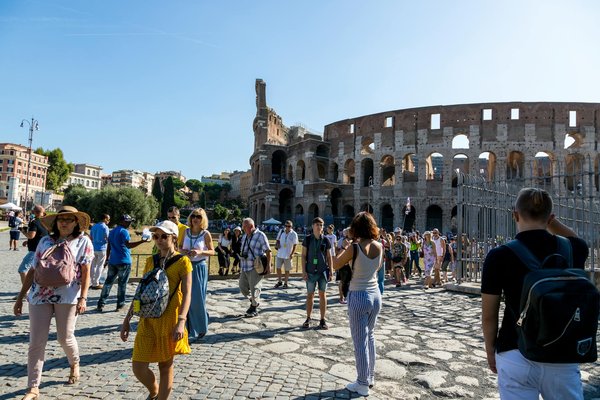
The Definitive Playbook for an Unforgettable Group Camping Experience in the UK
Camp planning for a group requires a well-thought-out approach to ensure a successful and enjoyable experience. Begin by identifying suitable campsites that accommodate your group'...

Uncover UK Campsites: Immersive Guided Historical and Cultural Tours – The Ultimate Guide

What Unique Experiences Await in Camping Across the UK?

Embark on unmissable uk cruises perfect for magical castle journeys
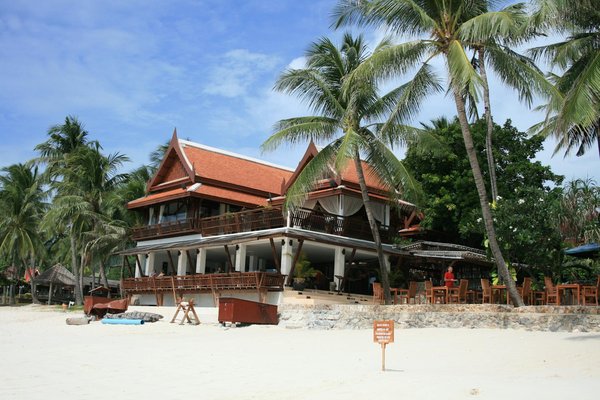
Set sail on an unforgettable uk voyage: explore iconic british art studios with expert guides

What Are the Top Unique Benefits of Taking a Cruise Around the UK?

Discover Hay-on-Wye's Literary Gems: Wallet-Friendly Discoveries for Book Lovers

Ultimate Guide: Save Big on Theme Park Tickets for UK Families
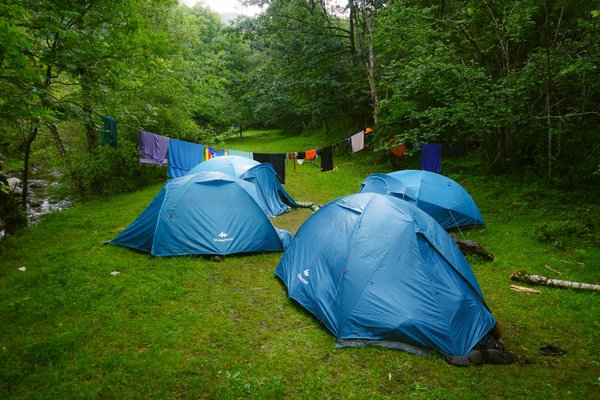
What Are the Best Ways to Save Money on a UK Vacation?

Discover authentic british jam-making: hands-on workshops for intrepid travelers

Discover the Top Medieval Festivals in the UK for Authentic British Craftsmanship!

Why Is Eco-Tourism Becoming a Trend in the UK?

Discover enchanting peak district escapes: dive into hands-on artisan craft workshops!

Discover your dream getaway: rent a villa in saint barth

Uncover the perfect hadrian's wall getaway: must-know tips for memorable historical adventures
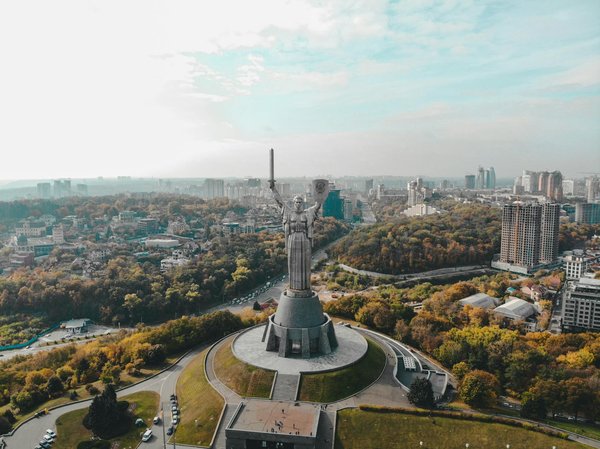
Why Should You Consider a Historic Cottage for Your Next UK Stay?

Discover British Intelligence: Captivating Guided Tours for an Unforgettable Historical Experience

Discover language and culture: french immersion adventures in provence

Discover manchester's industrial legacy: must-see budget-friendly attractions!

Discover the allure of la tania's real estate market now
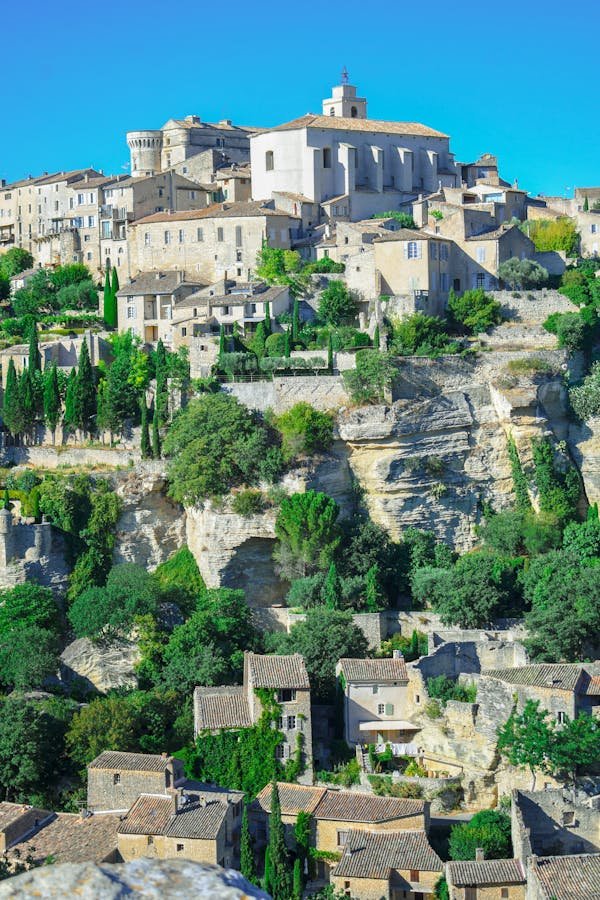
Experience French Immersion in Provence: Language & Life
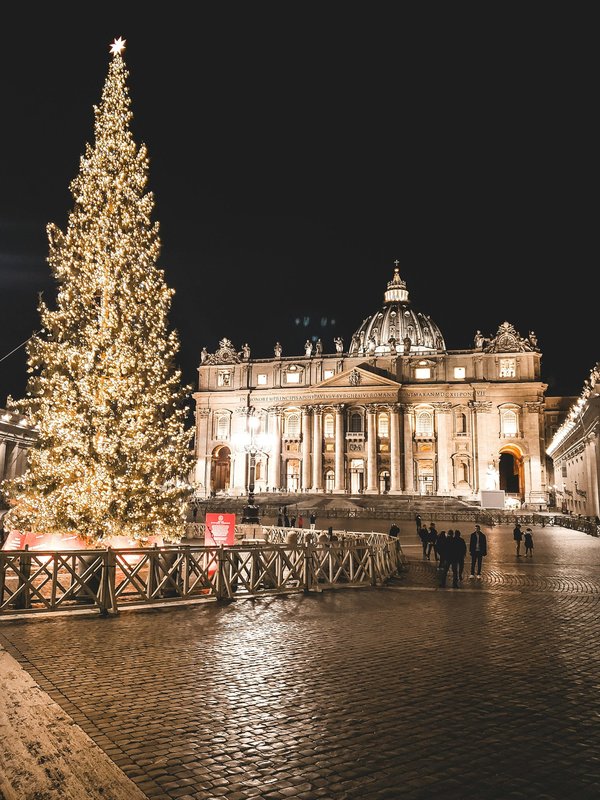
Navigate St Peter's Basilica tickets: insider tips & options
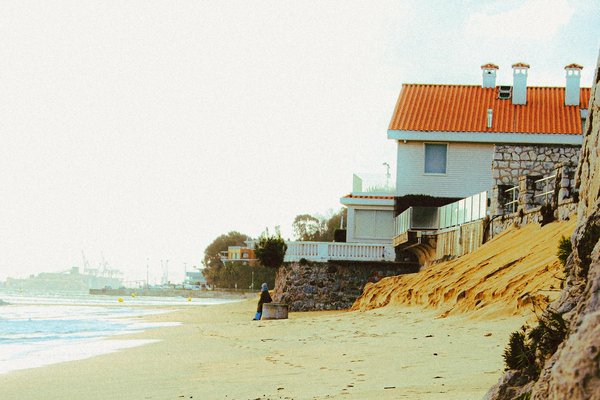
Unearth britain's countryside gems: best tips for uncovering historical marvels
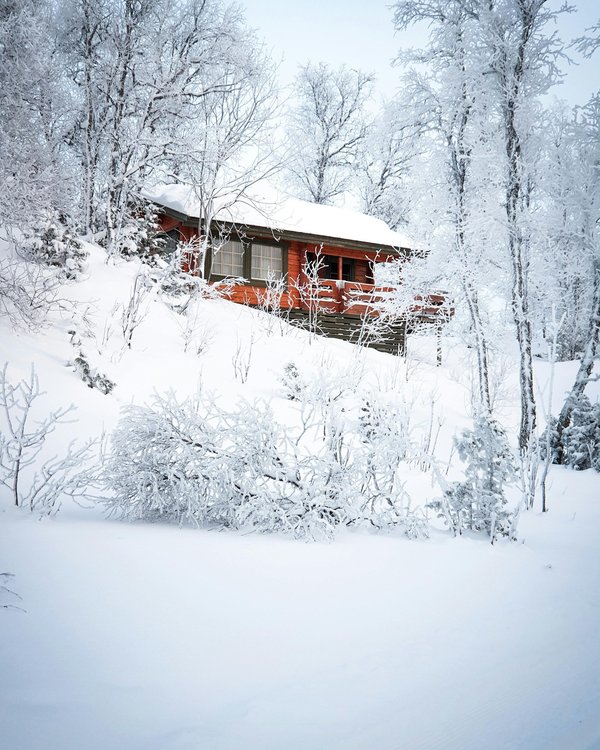
Unveiling the charm of real estate in La Tania today

Discovering Oxford's Literary Gems: Your Ultimate Guide to the City's Storied Literary Legacy

Explore Eerie Tales: Embark on Spine-Chilling Ghost Tours of Northern Ireland's Mysterious Castles
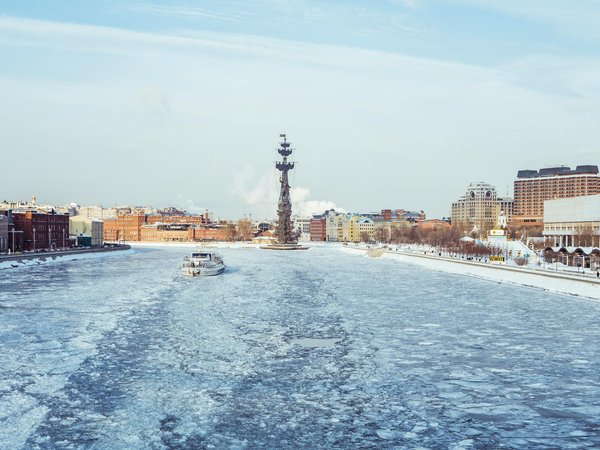
What Are the Hidden Culinary Delights Awaiting Tourists in the UK?

Discover the Ultimate Guided Architectural Tours: Top UK Destinations for an Unforgettable Journey

Explore Top UK Spots to Witness Authentic English Morris Dancing Traditions
